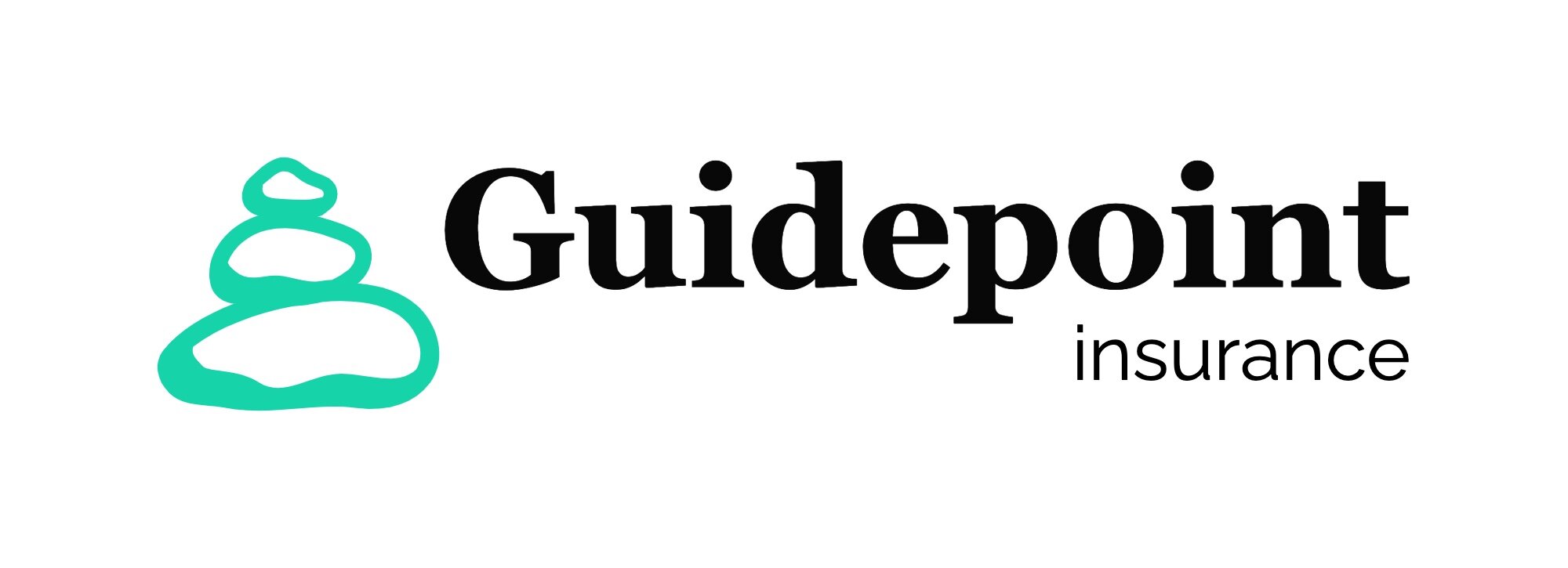Understanding Umbrella Insurance: What It Is and Why You Might Need It
When life throws the unexpected your way, your standard insurance policies—like home or auto—might not be enough to fully protect you. That’s where umbrella insurance comes in. Think of it as a financial safety net that extends beyond the limits of your existing policies, offering extra coverage when you need it most.
What is Umbrella Insurance?
Umbrella insurance is a form of supplemental liability coverage designed to kick in when the limits of your other policies—like auto, homeowners, or even boat insurance—have been maxed out. It also covers certain claims that those base policies may not cover at all, such as libel, slander, or false arrest.
In simple terms, umbrella insurance helps protect your savings, your assets, and your financial future from large, unexpected claims or lawsuits.
How Does It Work?
Here’s how umbrella insurance supports you in two important ways:
It steps in when your other policies are tapped out. If you’re involved in a serious incident and the damages exceed your auto or home insurance limits, umbrella insurance will cover the remaining costs—up to the umbrella policy’s limit.
It covers situations your other policies don’t. This includes personal liability cases such as defamation (libel and slander), malicious prosecution, and certain landlord liabilities.
What Does It Cover?
Umbrella insurance typically provides broad liability protection, including:
Bodily injury liability – Medical bills or liability claims if someone is injured due to your actions (e.g., car accidents, dog bites, or slip-and-falls on your property).
Property damage liability – Costs to repair or replace someone else’s property after an accident you caused.
Landlord liability – Coverage for claims involving rental properties you own.
Personal lawsuits – Protection from legal actions such as libel, slander, false arrest, or mental anguish lawsuits.
Real-World Examples of Umbrella Coverage
Here are a few scenarios where an umbrella policy could be a financial lifesaver:
You cause a multi-car accident with serious injuries. Your auto insurance maxes out at $300,000, but total damages reach $500,000. Your umbrella policy can cover the remaining $200,000.
A visitor slips on your icy driveway and suffers a serious injury. They sue you for damages exceeding your homeowners insurance limit.
Your tenant’s dog bites a neighbor, and as the property owner, you’re held liable.
You're accused of defamation in a heated online dispute and face a costly lawsuit.
What Isn’t Covered?
While umbrella insurance offers wide-ranging protection, there are some exclusions. Generally, umbrella policies do not cover:
Your own medical expenses or damage to your personal property
Criminal or intentional actions that cause harm to others
Obligations assumed under contracts
Who Should Consider Umbrella Insurance?
If you have significant assets, own property, have savings or investments, or are simply looking for extra peace of mind, an umbrella policy is worth considering. It’s especially valuable for:
Homeowners
Drivers
Landlords
Pet owners
Anyone at risk of being sued
Even if you already have auto and homeowners insurance, an umbrella policy fills the gaps and goes the extra mile to protect your financial future.
How Much Does It Cost?
The good news? Umbrella insurance is often more affordable than people think. For a relatively low premium, you can purchase millions in extra liability coverage. That’s a small price to pay for big protection.
Want to learn more or get a personalized quote?
Give us a call at (972) 755-3969 and find out how affordable real peace of mind can be.
